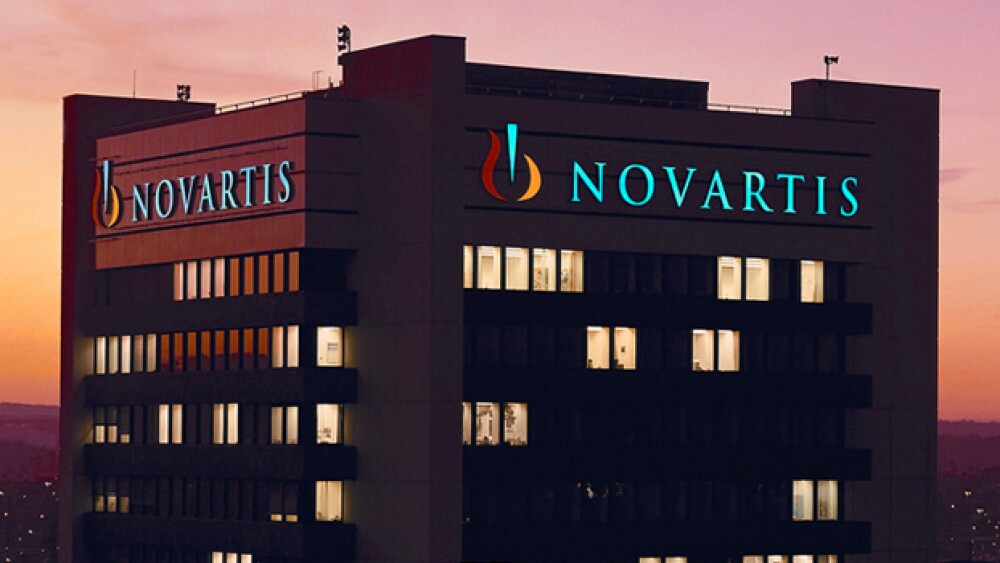The approval of Piqray combined with fulvestrant is the first FDA-approved treatment for patients with a PIK3CA mutation in HR+/HER2- advanced breast cancer.
Going into Memorial Day weekend, the U.S. Food and Drug Administration (FDA) approved Novartis’ Piqray, the first and only treatment specifically for patients with a PIK3CA mutation in HR+/HER2- advanced breast cancer. Piqray works by inhibiting the PI3K pathway, predominantly the PI3K-alpha isoform, to address the effect of PIK3CA mutations.
Piqray (alpelisib, formerly known as BYL719) in combination with fulvestrant, was approved by the FDA for the treatment of postmenopausal women, and men, with hormone receptor-positive, human epidermal growth factor receptor-2 negative (HR+/HER2-),PIK3CA-mutated, advanced or metastatic breast cancer. PIK3CA is the most commonly mutated gene in HR+/HER2- breast cancer; approximately 40% of patients living with HR+/HER2- breast cancer have this mutation, Novartis noted in its announcement. PIK3CA mutations are associated with tumor growth, resistance to endocrine treatment and a poor overall prognosis. Piqray targets the effect of PIK3CA mutations and may help overcome endocrine resistance in HR+ advanced breast cancer, the company said.
Piqray and its associated companion diagnostic test from QIAGEN N.V. was the first combination product approved under the FDA Oncology Center of Excellence Real-Time Oncology Review pilot program. QIAGEN’s companion diagnostic test was also approved by the FDA last week, Novartis noted.
The FDA approved Piqray based on results from the Phase III SOLAR-1 trial that showed the combination of Piqray and fulvestrant nearly doubled median progression-free survival (PFS) to 11 months compared to the 5.7 months from fulvestrant alone in the targeted patient population. Piqray provided consistent PFS results across pre-specified subgroups, including among patients previously treated with a CDK4/6 inhibitor, Novartis said.
In addition to the PFS data, the trial results showed that overall response rates, which are an indicator of the proportion of patients who experience at least a 30% reduction in overall tumor size, more than doubled when Piqray was added to fulvestrant in patients with a PIK3CA mutation.
“The FDA approval of Piqray, which was discovered at the Novartis Institutes for BioMedical Research, marks the first-ever treatment specifically for HR+/HER2- advanced breast cancer with a PIK3CA mutation. We are proud to offer a new treatment option that specifically addresses the needs of the patients living with this mutation,” Susanne Schaffert, chief executive officer of Novartis Oncology, said in a statement.
Fabrice André, global SOLAR-1 principal investigator, said the approval of Piqray will change the way physicians practice treating advanced breast cancer. Now doctors can test for PIK3CA biomarkers and develop a treatment plan based on the genomic profile of a patient’s cancer, he said.
“In the SOLAR-1 Phase III trial, alpelisib (Piqray) plus fulvestrant nearly doubled median PFS and more than doubled overall response rate in patients with a PIK3CA mutation, offering them new hope for longer life without progression,” Andre said in a statement.





